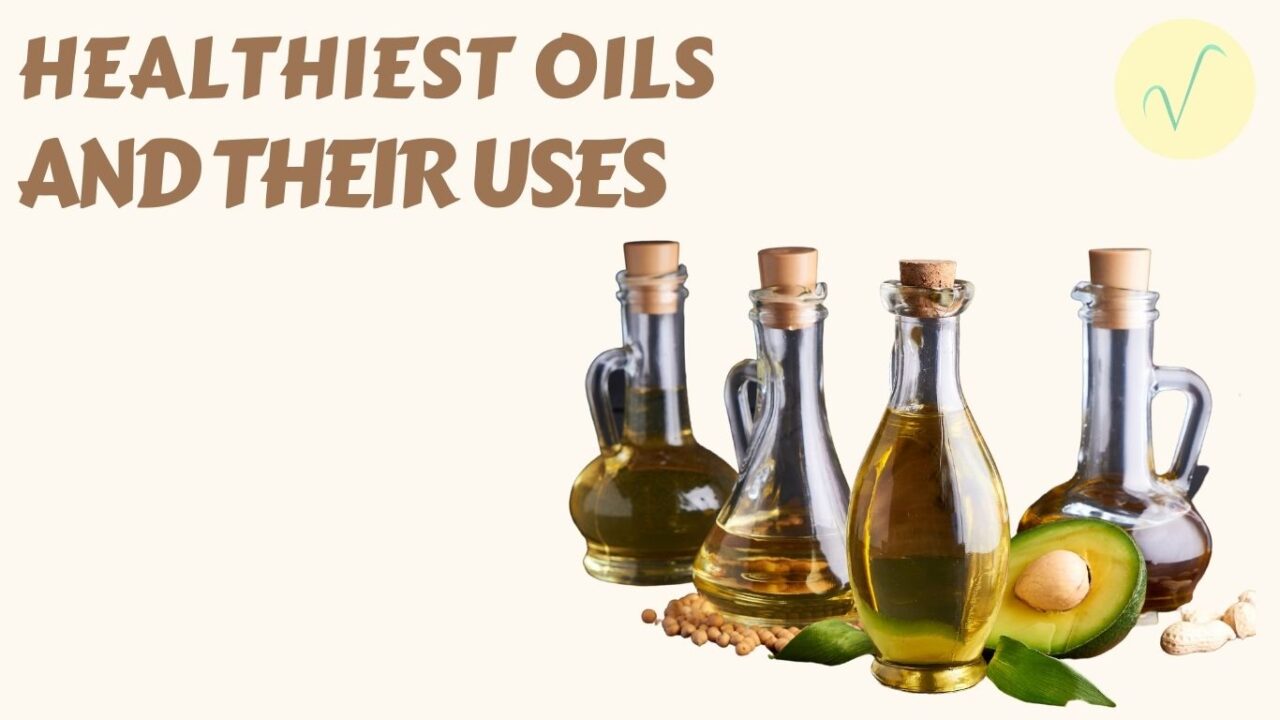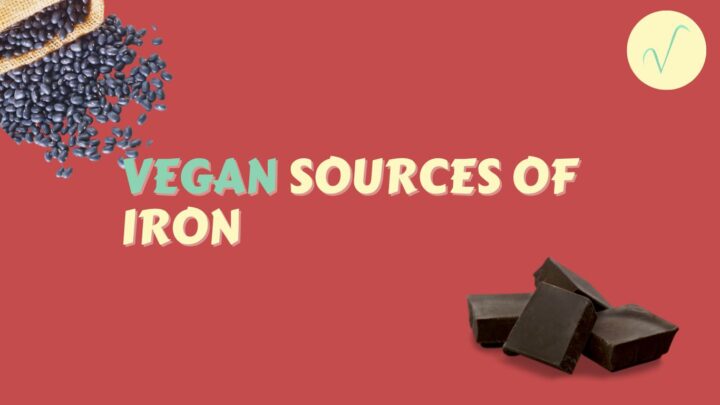When it comes to cooking oils many don’t really think twice about which oils to use for what. This is typically due to lack of knowledge on the topic.
Not all oils should be used for cooking, and not all oils should even be consumed! This is, in short, is due to oil smoke points and free radicals some oils can release once heated past its smoke point.
This post will go through some of the most popular oils people use for cooking and our advice on which to use for what.
Finding the best cooking oil
What determines whether an oil’s safe to cook with is mainly due to its smoke point. If you heat an oil past its smoke point it then becomes carcinogenic, which puts free radicals in the body that can lead to inflammation.
It’s been reported that repeatedly heating cooking oils can generate carcinogenic compounds, for those that like to reuse oil. So it’s probably best to avoid doing that.
When considering a cooking oil, you also want to consider its origins. For instance, canola oil, despite its high smoke point, is high in trans fats, which are harmful to health.

What are the healthiest oils to fry with?
Of the list of cooking oils and smoke points we’ve selected 4 recommended oils to use.
Recommended cooking oils and smoke points.
Avocado oil, refined (270 degree smoke point, and doctor Sebi approved)
Sunflower oil, refined (252-254 degree smoke point)
Peanut oil, refined (232 degree smoke point)
Corn oil (230-238 degree smoke point)
Is burnt cooking oil toxic?
It can be, constantly heating oil for numerous meals can in fact be dangerous, which is why it’s important to limit your consumption of fried foods for that very reason.
Another factor that’s key when picking an ideal cooking oil is oxidative stability.
In a recently run study, it suggests that oxidised oils, as a result of heating them over time, may result in higher cancer risk from inflammation.
Regarding cooking oils, my top 2 are personally avocado and sunflower oil, sunflower oil being the more easily accessible option.
Why you shouldn’t cook with coconut oil
Coconut oil is high in saturated fat, and little-researched in terms of its long-term effects on humans. Other than its lower smoke point, around 177 degrees for virgin coconut oil, coconut oil is high in fats and should be enjoyed in moderation, if at all.
The other part of this post will cover the best healthy oils to consume with greens to help with better nutritional uptake of your greens.
What are the best oils for salad dressings?
Avocado oil
Extra virgin olive oil
Grapeseed oil
Hempseed oil
Sesame oil
These oils are healthy, and somewhat unproblematic as far as sourcing of them is concerned. When possible, try to get cold-pressed oils as that tends to taste better, as well as less chemical used in the whole process.

Oils for skin and hair
Not all oils, although marketed as so, should be consumed. Many of which are better off used for external purposes, like healthy hair or skin.
Some examples of the best oils for the body and hair:
Almond oil (ideal for skin)
Argan oil (better for hair)
Coconut oil (good for hair masks – can clog pores)
Cocoa butter (great for hair and skin)
Jojoba oil (awesome for hair health)
Shea butter (great for skin)
These oils and butters are mores natural in nature, and key ingredients in many popular skin creams and lotions.
We recommend not eating these oils, as frankly they don’t taste great (other than coconut), and they provide much more benefit when applied topically.
Which oils to eat or not to eat
We hope you enjoyed this article on oils and which ones are best for cooking and consuming.
If you liked this post and food it useful, feel free to share, comment and bookmark for future reference. Have a great day!




